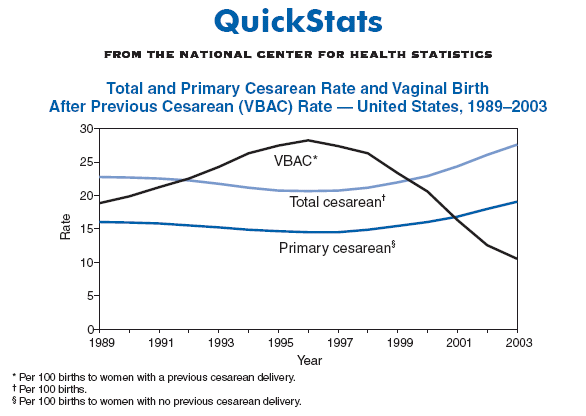- Community
-
Programs
- Schools
-
Careers
- RN Specialties
- Best RN Jobs and Salaries
- Aesthetic Nurse
- Nursing Informatics
- Nurse Case Manager
- NICU Nurse
- Forensic Nurse
- Labor and Delivery Nurse
- Psychiatric Nurse
- Pediatric Nurse
- Travel Nurse
- Telemetry Nurse
- Dermatology Nurse
- Nurse Practitioner
- Best NP Jobs and Salaries
- Family NP (FNP)
- Pediatric NP
- Neonatal NP
- Oncology NP
- Acute Care NP
- Aesthetic NP
- Women's Health NP
- Adult-Gerontology NP
- Orthopedic NP
- Emergency NP
- Psychiatric-Mental Health NP (PMHNP)
- APRN
- Nurse Educator
- Nurse Administrator
- Certified Nurse Midwife (CNM)
- Clinical Nurse Specialist (CNS)
- Certified Registered Nurse Anesthetist (CRNA)
- Resources
- Education


Sleepy_Princess
18 Posts
Hi All,
I am in the process of writing the only paper that is standing between me and the completion of my first semester of nursing school! I would truly appreciate your help with a few questions regarding C-sections and VBACs. Please take pity on a poor student, and remember what it was like to give up your Thanksgiving weekend to write...sigh... another paper! Thanks in advance for your help!
1. What is the C-section rate at your hospital?
2. Are VBACs allowed at your facility? If so, what is the VBAC rate?
3. Since C-sections are so prevalent, do you ever feel like you have to play a greater role as an advocate for patients struggling to have a lady partsl delivery?
4. Since access to VBAC-friendly facilities and practitioners is limited, do you ever feel badly when a patient must have a C-section despite their desire to keep trying for a lady partsl delivery? (When the doc says, "Time's up!" but mom wants to wait a few more hours) Is this situation stressful?
5. As a nurse, do you think VBACs are beneficial or dangerous?